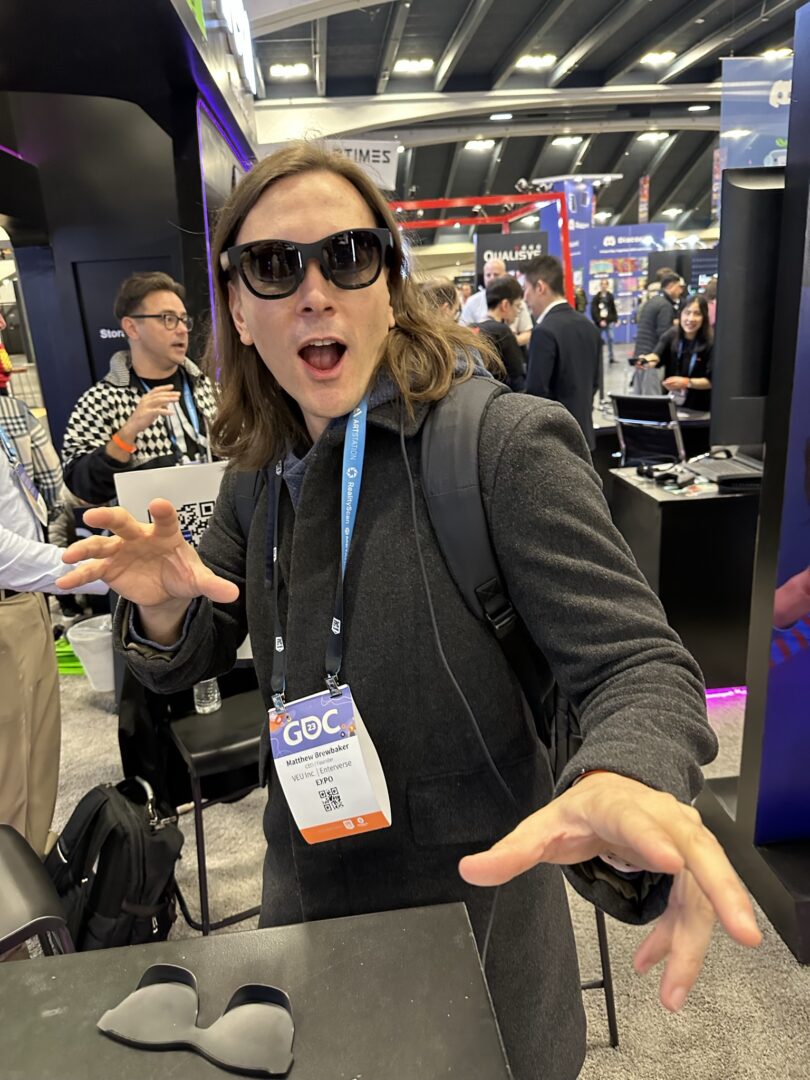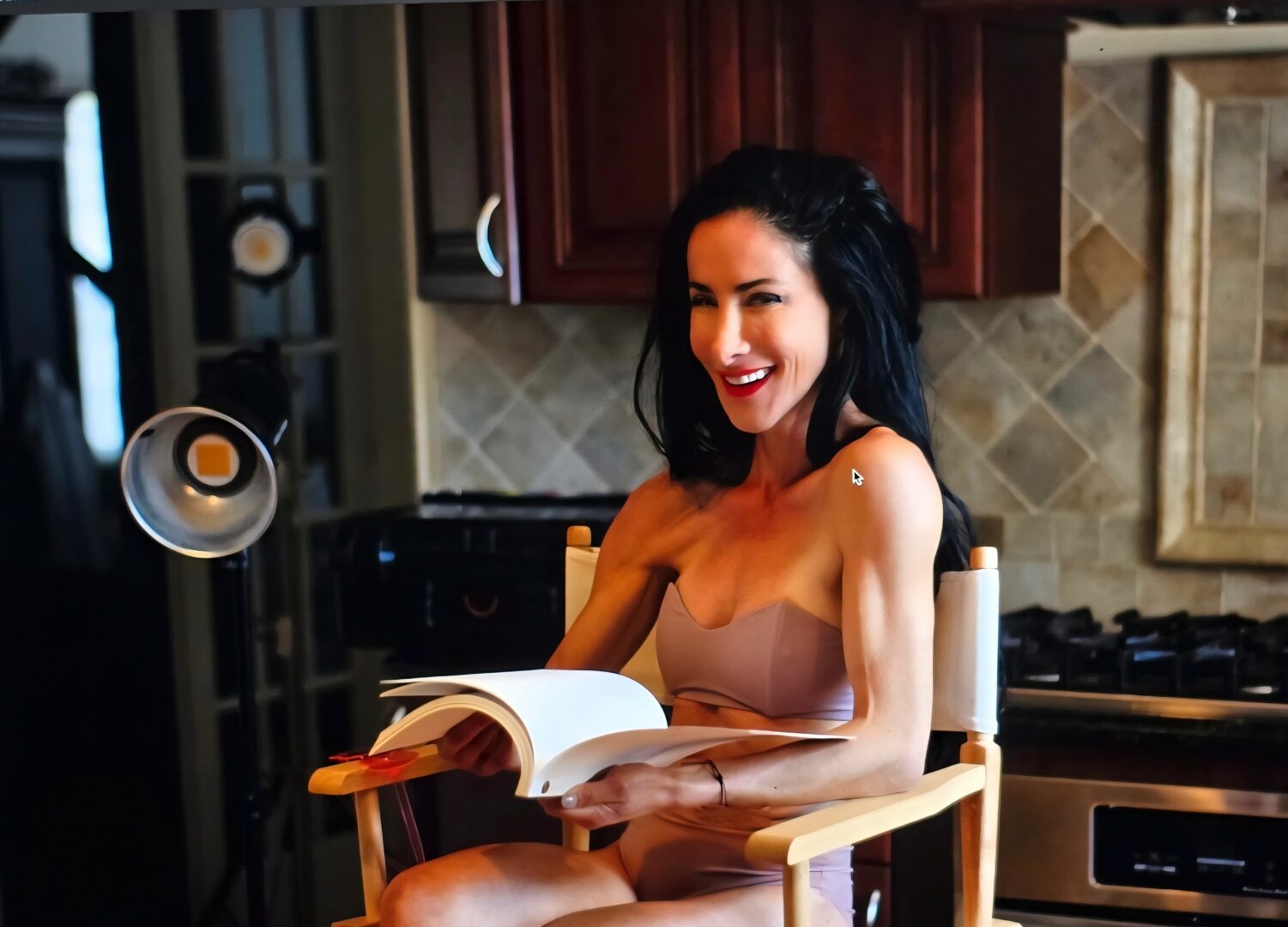Alright – so today we’ve got the honor of introducing you to Matthew Brewbaker. We think you’ll enjoy our conversation, we’ve shared it below.
Hi Matthew, thank you so much for opening up with us about some important, but sometimes personal topics. One that really matters to us is overcoming Imposter Syndrome because we’ve seen how so many people are held back in life because of this and so we’d really appreciate hearing about how you overcame Imposter Syndrome.
I can still remember the first time I drove a car at sixteen, absolutely convinced that every other driver on the road could sense my inexperience. While today I drive without feeling any inkling of inferiority, that distinct feeling of being a fraud never really goes away as you get older and more experienced, it just finds new places to perch. These days it shows up when I have my scripts read for feedback, when I’m at networking events, when I’m pitching to investors, when I’m on set, or more recently when I’m navigating game developer conferences and meeting people more knowledgeable and talented than me. After twenty years in the entertainment industry, you’d think I’d have “overcome” my impostor syndrome. But here’s the thing: while each instance of feeling like a fraud demands to be overcome in its own way, the recurring presence of these feelings don’t, and really shouldn’t be. I’ve come to believe that constantly encountering – and pushing through – impostor syndrome is part of what shapes a more authentic life.
The thing about expertise is that it comes with a cruel irony – the more you understand something, the more aware you become of everything you don’t know. My first “serious” short film in college taught me this the hard way. I was making what I thought would be my festival breakthrough piece, full of unearned confidence from years of watching movies, certain I knew exactly how to pluck the heartstrings of audiences. The result was painfully melodramatic. It wasn’t until that first failing that I truly felt like a fraud, questioning whether I had anything real to say at all. I kept shooting more shorts after that, each perhaps a little better at communicating with an audience, but that feeling of inadequacy never fully went away. Maybe this is the Dunning-Kruger effect in action – true understanding doesn’t eliminate uncertainty, it just helps you better navigate it.
People love to say “fake it till you make it,” and while there’s value in projecting confidence, this advice can have negative consequences. When I first started producing, other producers would often approach me about collaborating, leading with “hopeful lies” about their industry connections or influence that ultimately shattered my trust in them. The difference between helpful confidence projection and harmful deception often lies in who bears the cost of that confidence – yourself, or others. And the erosion of trust by potential collaborators can be a real consequence of this dishonesty.
What I’ve found most interesting is how imposter syndrome shifts when you’re responsible for a team. Early in my producing career, I discovered that projecting confidence wasn’t about me anymore – it was about creating an environment where others could do their best work. My first feature film, a horror movie called “Followed,” exists because a group of us collectively chose to be brave despite our doubts. I define bravery not as fearlessness, but as acting to improve something despite feelings of inadequacy.
Realizing everyone else feels as exposed as you do can be surprisingly freeing. Like the old advice to “imagine everyone naked” when public speaking, understanding the universal nature of imposter syndrome helps put it in perspective. In fact, accepting that we’re all somewhat out of our depth, making stuff up as we go along, can provide the necessary permission to have fun – permission to try, fail, and learn.
Looking back at my journey from directing to producing, and later expanding into virtual reality development while continuing to produce films, I can see how the most important choices I made in life were spurred by a common challenge: to face my fears. But sometimes finding your authentic path means acknowledging when the pain of feeling that fear is worth the growth it results in. Pivoting one’s journey in life because the path ‘isn’t worth the trouble’ is just as valid as the pursuit toward one’s truth itself. What matters is continuing to put yourself in situations where that feeling returns, using each instance as fuel for improvement rather than evidence of inadequacy.
In the end, maybe feeling like an impostor isn’t something to eliminate from our lives, but instead a compass pointing toward growth. The trick isn’t to overcome it once and for all, but to recognize it as a signal that you’re pushing your boundaries. After all, in creative fields where growth demands constant reinvention, feeling like an impostor might just mean you’re exactly where you need to be.
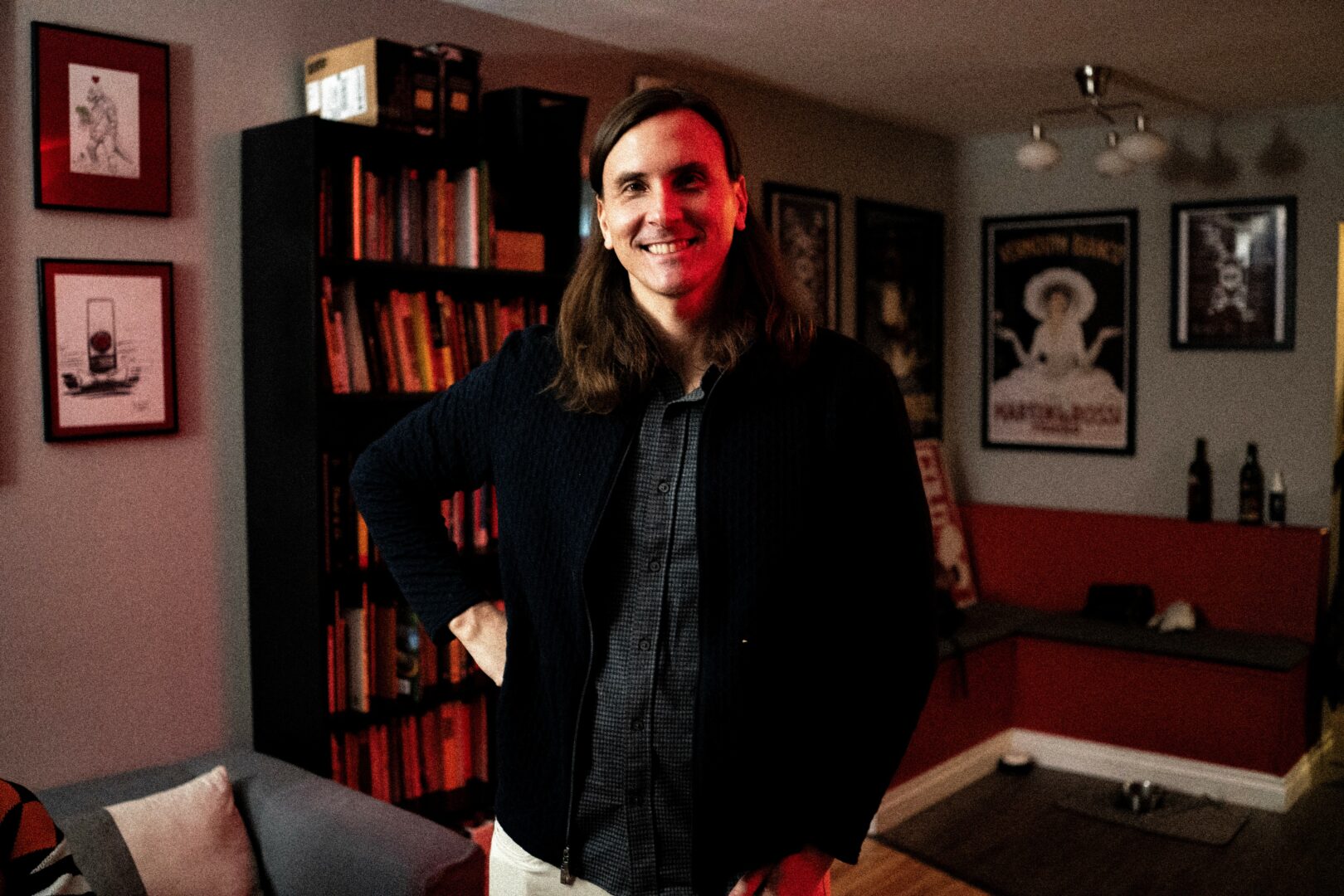
Appreciate the insights and wisdom. Before we dig deeper and ask you about the skills that matter and more, maybe you can tell our readers about yourself?
My path through the entertainment industry has been anything but straightforward. I spent three years as a writer, and five years as an assistant, including a stint with Robert Zemeckis that would prove more influential than I could have imagined. It was there I first encountered motion capture technology – a glimpse into the future of storytelling that would later shape my work in virtual reality. Now, after 10 years of producing films, I find myself working in spaces I never thought I’d occupy.
Take our horror film “Followed,” for instance. We made it on a modest budget at Viscape Arts, and when the pandemic hit, conventional wisdom said we were doomed. But sometimes the worst circumstances create unexpected opportunities. While traditional theaters were shutting down, drive-ins were experiencing a renaissance. Somehow, our little horror film ended up #1 at the U.S. box office – the kind of industry fluke you can’t plan for, but one that taught me the importance of seizing unconventional opportunities. Now we’re building on that success, developing an anthology sequel that brings together several notable directors in the horror space.
These days, I’m exploring the bleeding edge of entertainment technology. Three years ago, I co-founded VEU (Virtual Entertainment Universe) with two partners who shared my vision for pushing VR beyond its current boundaries. We’re developing software to create new paradigms for immersive experiences, with our latest platform, Enterlink.
But I haven’t left traditional storytelling behind. Along with some partners close to the Korean film industry, I’m helping establish Nokturnal Entertainment. We’re building it on two pillars: genre films and entertainment incorporating Korean elements – whether that’s working with Korean stars, scripts, directors, or IPs. It’s a fusion that reflects how global entertainment has grown, and how audiences are increasingly hungry for cross-cultural storytelling.
What excites me most is watching these different worlds influence each other. The technological innovation of VR development keeps reshaping how I think about traditional storytelling, while my experience in film production constantly informs how we approach creating immersive experiences. In an industry that never stops evolving, having a foot in both traditional and emerging media feels like the best place for me to be.
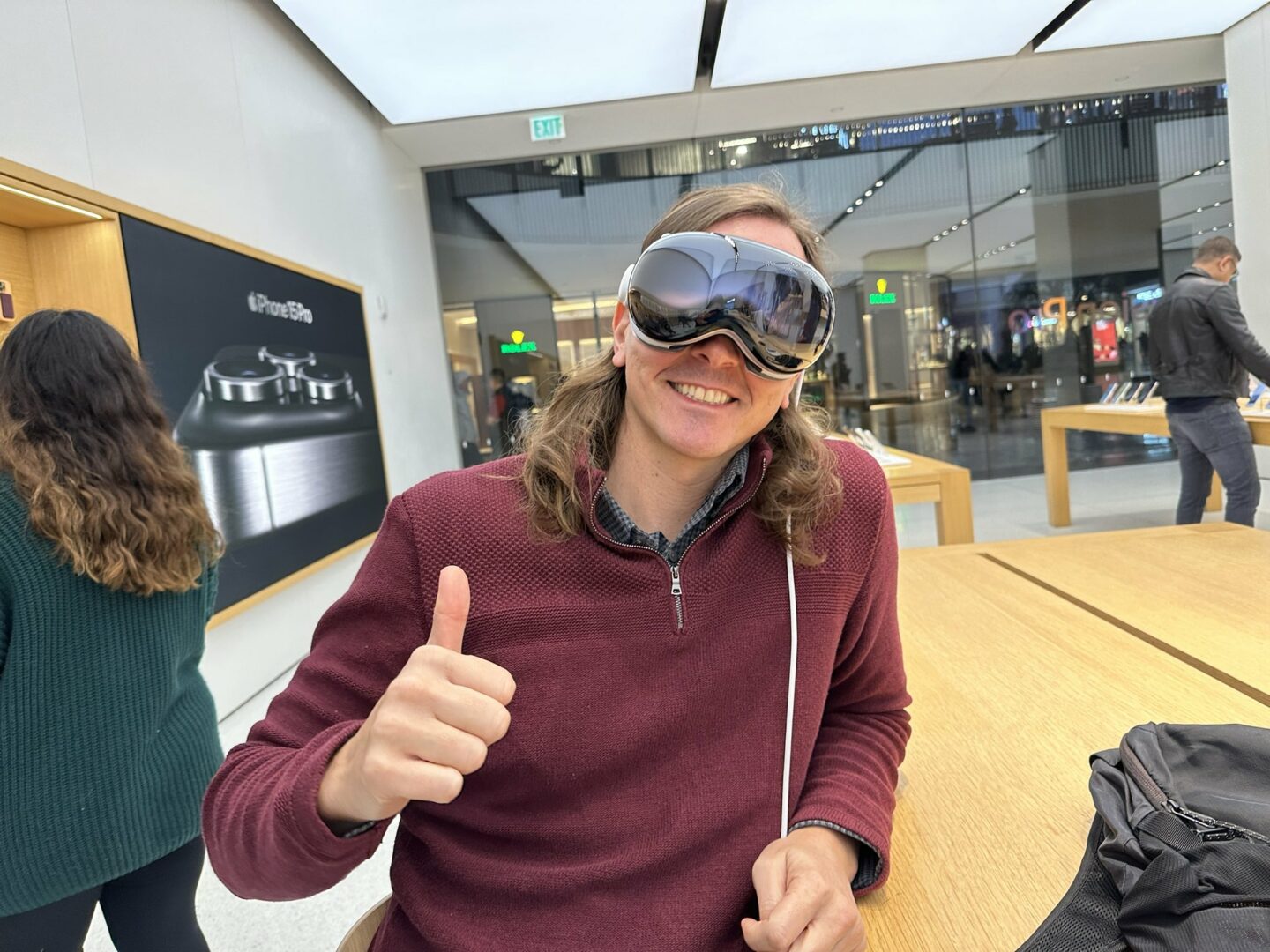
If you had to pick three qualities that are most important to develop, which three would you say matter most?
Looking back on my journey through film production and technology development, these three qualities stand out as particularly crucial:
First, understanding the psychology of storytelling. For me, this means recognizing how stories – particularly myths – emerge from our human need to fill psychological archetypes with narrative-driven characters that affirm life’s deeper truths. This Jungian/Campbellian understanding of storytelling helps bring purpose to everything I create, whether it’s a traditional film or an interactive experience.
Second, is what I might call “borrowed passion.” I’m uniquely driven by other people’s enthusiasms – there’s something magnetic about witnessing someone’s genuine excitement about their creative pursuits. This openness to learning about what ignites others’ passions has consistently led me to new experiences and challenged my preconceptions. It’s not just about adding tools to your toolkit; it’s about letting others’ perspectives reshape how you see the world.
Third is the art of creative collaboration. This isn’t just about being a “team player” – it’s about finding genuine excitement in the combining of different viewpoints and approaches. I’ve come to believe that all creation is essentially synthesis – the fusion of two or more elements into something new. And there’s no richer source of creative synthesis than the collision of different human perspectives, each carrying their own unique constellation of experiences and ideas.
For those early in their journey, my advice is to seek out collaborators whose creative energy resonates with yours, but whose perspectives differ. Learn to not just respect but actively integrate others’ viewpoints into your own framework. The most exciting creations often emerge not from a single vision, but from the unexpected harmony of multiple voices working in concert. After all, if creation is synthesis, then the synthesis of human minds – with all their complexities and contradictions – might be the most powerful, and beautiful creative force we have.
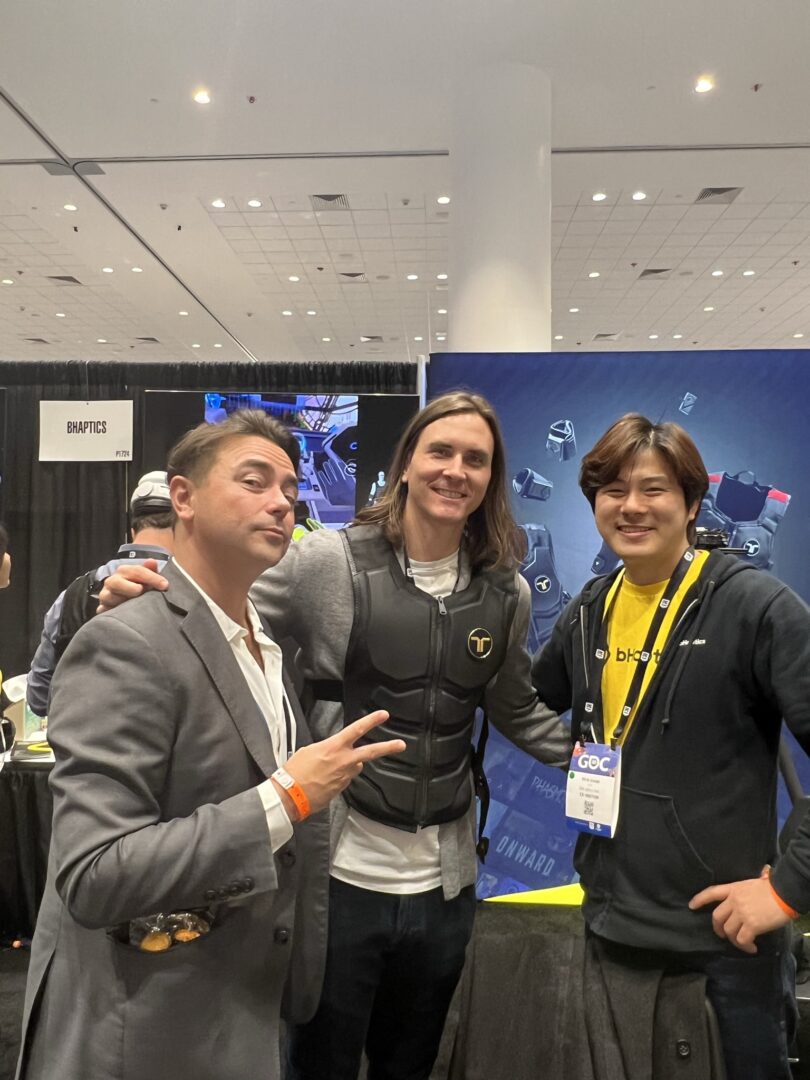
What do you do when you feel overwhelmed? Any advice or strategies?
I’ve come to understand that feelings themselves – including feeling overwhelmed – are essentially a communication method. And when you’re talking about negative emotions, they’re how our inner selves signal that something needs to change.
Two practices have proven invaluable to me in maintaining this dialogue with myself. First is meditation, which I’ve found to be less about achieving some elevated state and more about simply being present. Sometimes I’ll go to the beach just to be with myself – these moments alone, whether for reflection or to just be present, are like spending quality time with my inner passenger. The more present I can be, the more that inner part of me has agency.
The second is physical exercise, which I’ve come to see as a conversation with another kind of ‘self’ – the body. Whether this bodily self is an extension of our inner voice or its own entity, I’m not entirely sure. But I’ve found that when the body has its own outlet for growth and expression, physical manifestations of stress – headaches, fatigue, tension – don’t just become easier to manage, they actually occur less frequently.
Both practices essentially create space for different parts of ourselves to be heard. When we’re overwhelmed, we’re often trying to silence these voices rather than listen to what they’re trying to tell us. The trick isn’t to eliminate the feeling of overwhelm, but to develop better ways of staying in dialogue with ourselves through it.
Contact Info:
- Website: https://enterlink.app/
- Instagram: https://www.instagram.com/matthewrbrewbaker
- Linkedin: https://www.linkedin.com/in/MRBrewbaker
- Twitter: https://x.com/brewtix
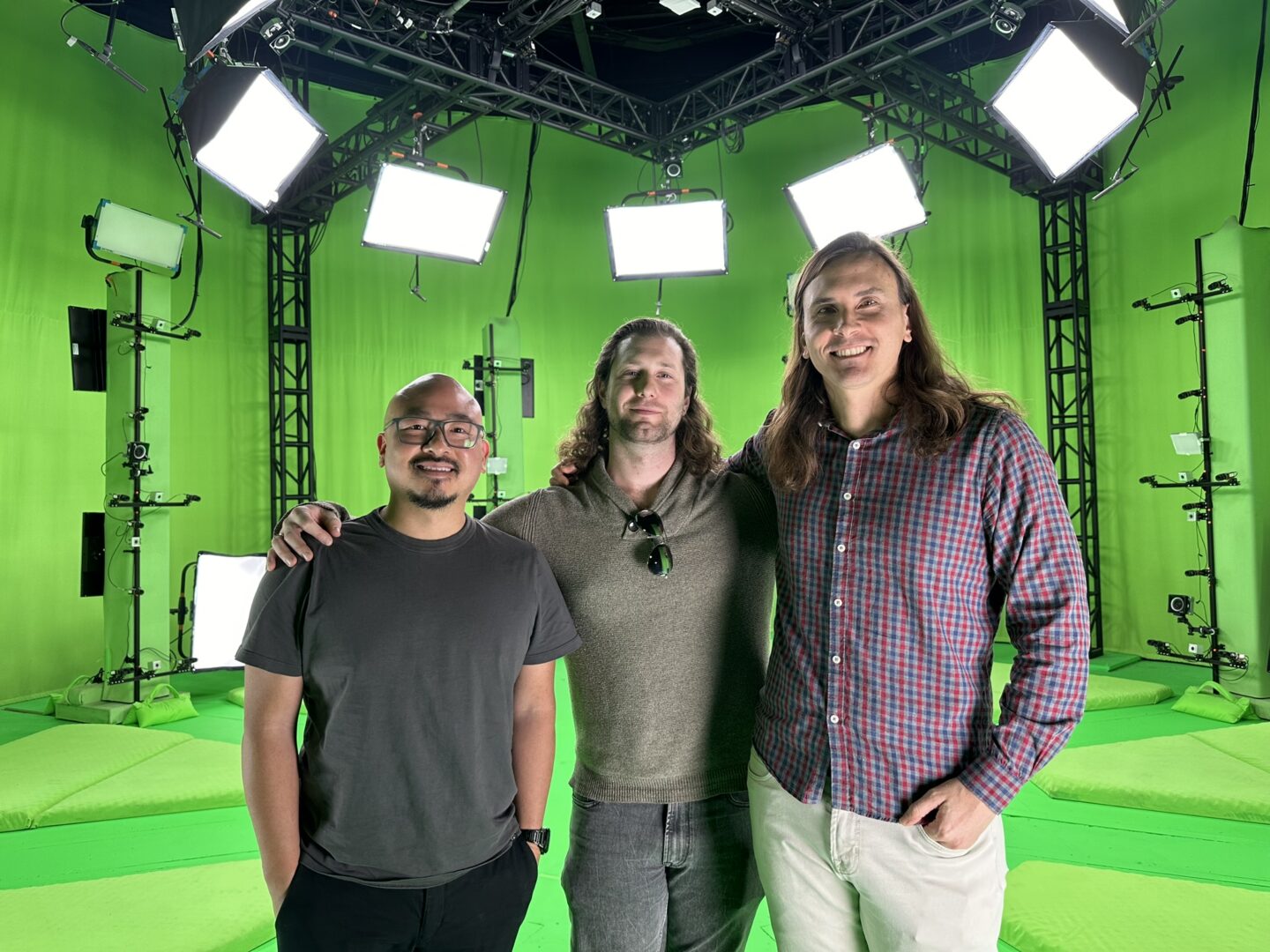
so if you or someone you know deserves recognition please let us know here.

